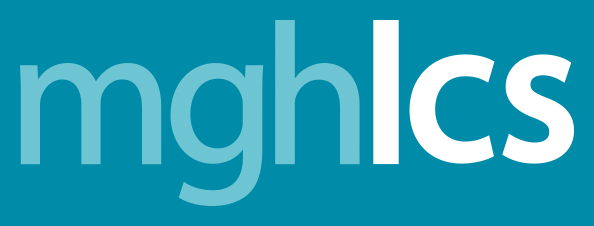Optimized Appointment Scheduling
The problem of “no-show” patients has costly consequences in healthcare. They decrease efficiency, limit provider availability, and can cost practices up to 14% a year in revenue.
One way practices are addressing the issue is by overbooking patients. When done with an unscientific approach, this can burden physicians and cause them to fall behind in their schedules.
Smart-Booking uses an automated, algorithmic model to predict no-shows and make overbooking suggestions. The model looks at appointment data, including patient age, insurance, personal history, and appointment types, while also considering individual physician preferences.
In a randomized controlled trial at Massachusetts General Hospital (MGH) Department of Dermatology, use of the smart-booking model resulted in more patients seen per session than use of unscientific overbooking. The outcome would translate into a 3% increase in patient visits per year.
Physicians in the study were also surveyed after each session to determine how busy they perceived it to be. Despite seeing more patients in smart-booking sessions, providers did not report feeling busier.
“The study shows that even in a setting where overbooking routinely occurs, physician utilization can be increased, schedules can be smoothed to improve flow, and the negative impact of no-shows can be reduced without overburdening physicians,” the study authors report.
Read the press release from the American Journal of Managed Care.
"...Even in a setting where overbooking routinely occurs, physician utilization can be increased, schedules can be smoothed to improve flow, and the negative impact of no-shows can be reduced without overburdening physicians."


